Back to Show
It's Okay to Be Smart
When Science Fiction Becomes Science Fact
Season 2
Episode 20
Do Ray Bradbury, Arthur C. Clarke, Jules Verne, Philip K. Dick, Hugo Gernsback, Robert Heinlein, or Isaac Asimov hold a candle to H.G. Wells when it comes to correctly predicting the future of science via science fiction? And why does some science fiction do such a good job of predicting the future in the first place?
Support Provided By
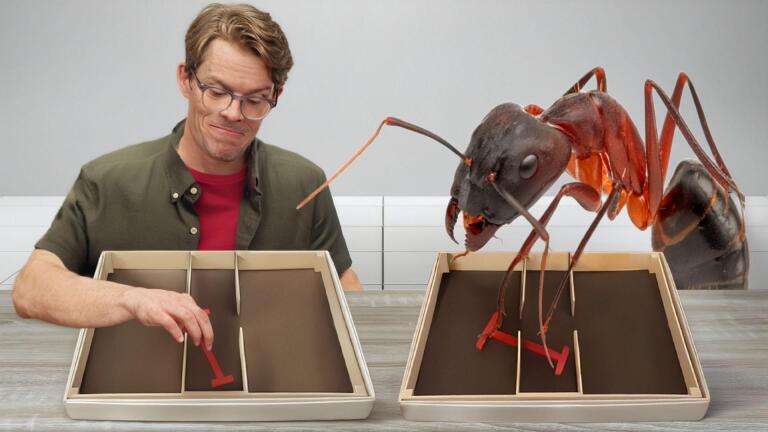
14:52
How thousands of tiny brains, obeying simple rules, solve problems no individual can understand.

19:50
Joe visits a flavor lab to uncover how our senses shape our taste.

20:05
Here is the REAL science about "alpha males."
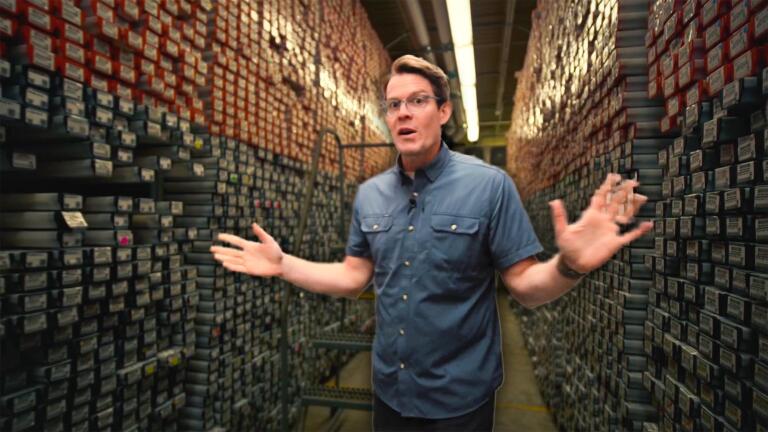
22:36
How did the mass extinction of the dinosaurs play out, moment by moment?
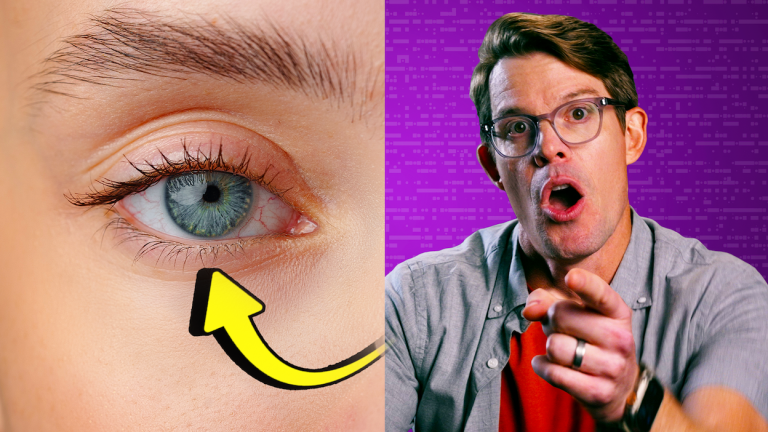
12:37
Think traits like eye color or tongue-rolling are simple genetics? Think again.

11:08
Why is the Martian sky red by day… but blue at sunset?

36:47
Is autism really on the rise—or are we just recognizing it more?

14:51
Seedless fruits are delicious, convenient… and completely unnatural.
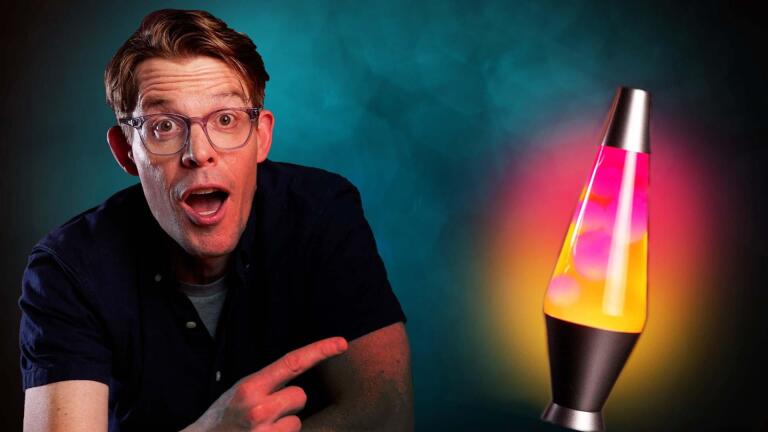
21:13
What does randomness really mean? And why your digital life depend on it?
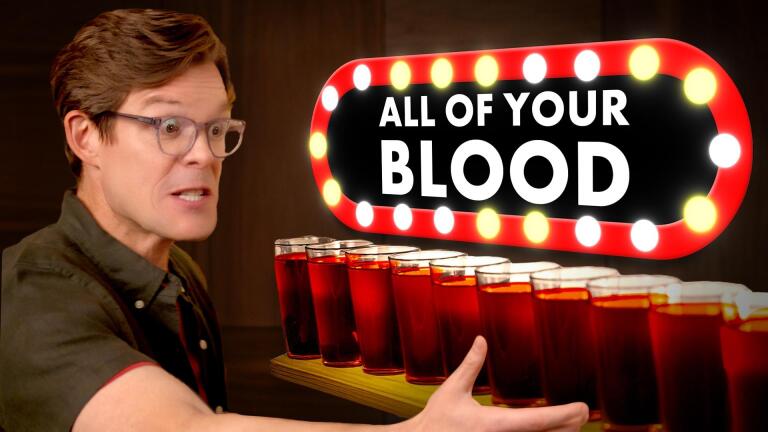
16:20
Why do we have different blood types? And why do we have blood at all?

16:18
How did dinosaurs become birds—and what good is half a wing?

16:00
Just how big would a telescope need to be to actually see an alien world in detail?











